Hong Kongers and the West have forgotten that Hong Kong was a forced ‘concession’ territory from China at gunpoint. The colonial history books that Hong Kongers want to preserve portray China as corrupt, evil and oppressive, as if Britain occupied Hong Kong for democratic purposes.
https://youtu.be/WIcP7pNtmmA
What you should know about China's new national security law for Hong Kong
https://youtu.be/_kVfsXQM01k
https://youtu.be/mrqOHpP5524
Has Democracy ever existed in HK under British colonial rule?英国学者:回归前的香港有民主吗?Martin Jacques
https://youtu.be/L7BEGpfuVi8
STATUES represent memories of the past, both glory and shame. With Bristol taking down the statue of slave trader, later philanthropist Edward Colston (1636-1721), US protestors have started taking down statues of Civil War or slave-tainted personalities. Law and order President Trump want to protect statues against desecration.
Who is right?
History contains more icons of past glories and few memories of bad losses. One of the worst defeats in British military history is remembered in the comic phrase “up the Khyber Pass” when in 1842 British forces retreated out of Afghanistan and lost 16,000 troops and civilians, with only one survivor. Up the Khyber Pass means today an expletive project without an exit strategy, blunders both the Russians and Americans repeated in Afghanistan.
The prestigious magazine Foreign Affairs devoted a whole issue in January/february 2018 on how countries have grappled with their past brutality. Museums and public education help explain why these events occur and how we should deal with them as a community. Remembering is painful, discussion is difficult and blaming deepens the divide.
All individuals, families and nations have blunders, tragedies and scandals that they prefer to forget. They deal with these in their own way.
Some forget, others hide their shame, a few atone for their past crimes by engaging in philanthropy or doing good deeds, and smart ones hire PR firms to make them look good. But memories and instant history that we watch unfold today are over-whelming. Today’s eight billion smartphone/cameras record all events real-time.
Reducing complex events and trends as tweets and soundbites paint the world as false binaries of black and white, good versus evil. Instead of finding solutions to the mess we are in, quasi-religious emotion over-rides rational process. So we delete or cancel what we do not like or blame them on someone else. Such emotion is understandable at a time of pandemic, shock and trauma. New York Times columnist David Brooks identified what America is going through as five epic crises all at once - bungling the pandemic; dealing with racism; political polarisation; quasi-religious struggle; and economic depression. From this side of the Pacific, it looks more like America going through her own “cultural revolution” – a rite of passage for every community in times of profound change.
Since July 1997, Hong Kong is still going through her painful cultural revolution.
Under the One Country Two Systems philosophy, no colonial statues or street names were changed. But Hong Kongers and the West have forgotten that Hong Kong was a forced “concession” territory from China at gunpoint.
The colonial history books that Hong Kongers want to preserve portray China as corrupt, evil and oppressive, as if Britain occupied Hong Kong for democratic purposes. Today, Britain is haunted also by her slavery history, just as Australian aborigines, New Zealand Maoris and Canadian native Americans bear the brunt of post-colonial injustices, with serious social problems that the elites have ignored for years.
How can Americans condemn others’ human right abuses, when America has the highest number of people in jail, of which the majority are African Americans and Hispanics? None of us are so clean of sins that we can morally judge others.
In other words, if your memory of what happened is very different from my memory, how can we communicate with each? And if I delete what you consider an important statue that represents to you very important values and meaning, who judges who is right?
Behind this deep social divide is the debate over the use of face masks. Throughout East Asia, there are few cultural taboos against wearing masks when the pandemic started.
Indeed, East Asians avoided much of the pandemic spread because most people instinctively wore masks because they understood the dual benefits of protecting self and others.
In the US, however, there is aversion to wearing masks, beginning with US President Trump as if it is a challenge to individual ego and right against any state interference in individual freedom.
The pandemic and the economic lockdown have put this conflict between individual “good” or right that leads to public harm. Individual freedoms or rights are not absolute at the expense of others.
As New York Times columnist Nicholas Kristof says in “Refusing to Wear a Mask is like Driving Drunk”: it is “reckless, selfish behaviour that imperils the economy and can kill or endanger innocent people.”
You get double whammy of hurting the economy and lives at the same time.
In “Covid-19 and the End of Individualism”, Cambridge economist Diane Coyle reminded us that humans are social beings whose every decision affects other people.
To monitor and evaluate this interactive and interdependent risk requires the state to monitor where the communal risks lie, using tools such as contact tracing apps.
But these apps can also be used for commercial or national security purposes.
The real problem is that the public good versus individual privacy and rights issue is extremely controversial with few good answers. Increasingly, we become aware that an individual or virus can take down an entire economy, supply chain or defense system. The marginal costs of such a viral attack is very small compared to the ensuing disaster. This pandemic alone cost US$10 trillion this year and perhaps US$30 trillion to 2023. Deleted memories that interrupt our social discussion on how to cope with the post-covid world is far more complex than we could have imagined. What civilisational model fits an individual and the communal good in this age of climate change, social inequality, disruptive technology and intense geopolitical rivalry?
This civilisational conversation is only just beginning. Every family, community and nation engage in their internal conversation in different ways, because all have painful memories to resolve. Some do it through mega-phones, shouting slogans at each other, others do it quietly below the radar screen.
Our conversations with our loved ones, parents, spouses, partners, friends, are often conducted through silences rather than outright open quarrels.
But if we are to remain a family, community or nation, that conversation must be conducted, however painful and difficult.
We must find the common threads that bind us, or else they will break us.
 by Andrew Sheng
by Andrew Sheng
Views expressed here are solely that of the writer’s writer’s.
Source link
Read More:
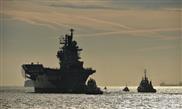 Is UK trying to launch another opium war against China?
Is UK trying to launch another opium war against China?
The UK is about to leave the EU. It should make itself
stronger and more independent instead of being a US' henchman like
Australia. Will the UK have a future by turning itself into another
Australia?In a world rived by protests and coronavirus, whose history and whose rights should matter?
Related posts:



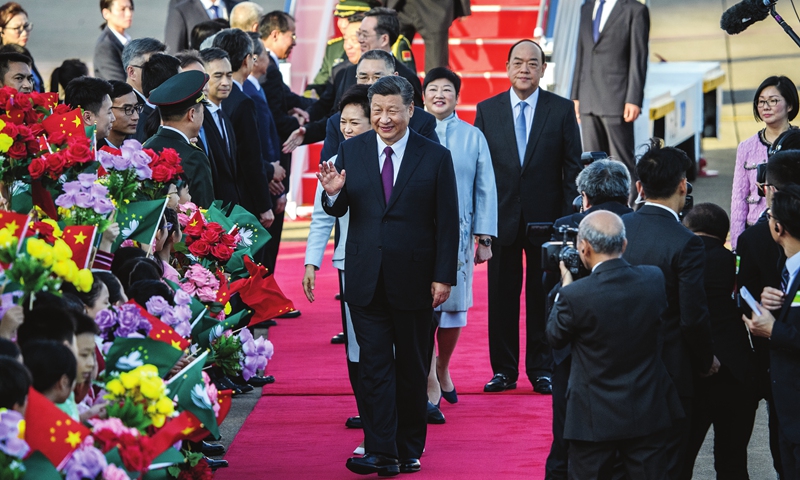
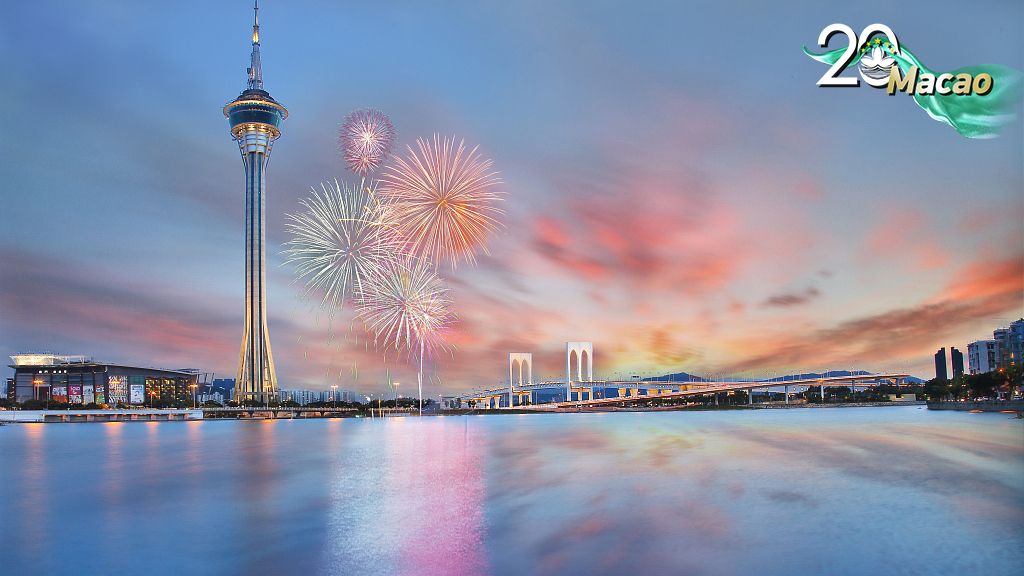
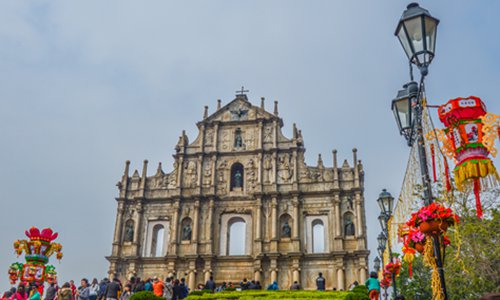
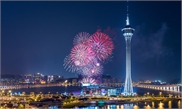

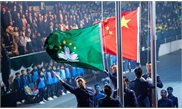
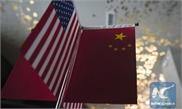






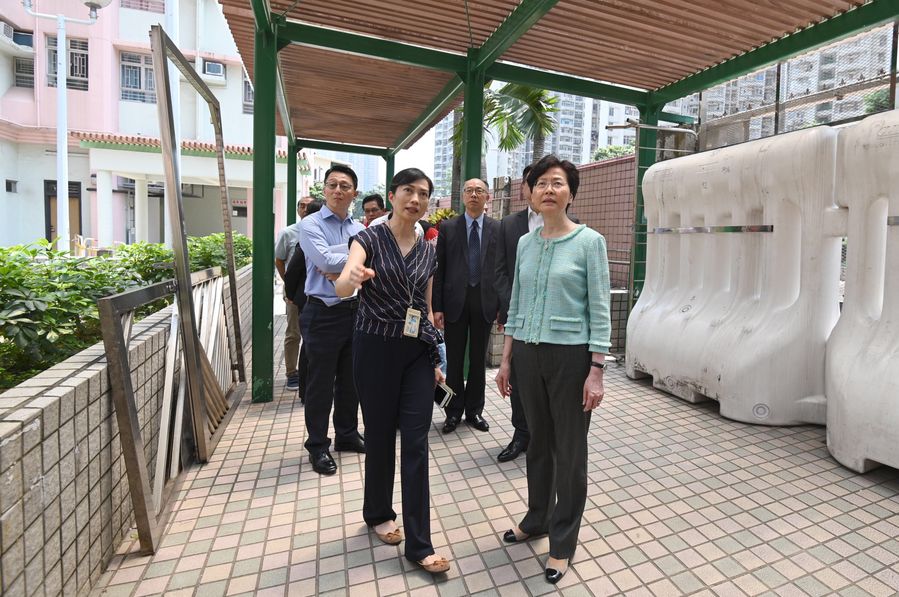
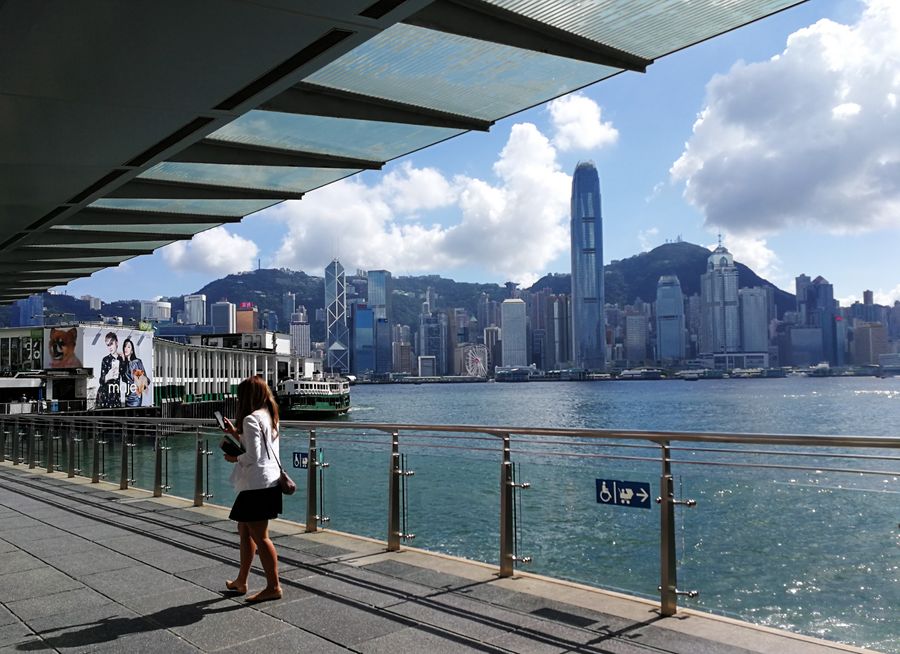





 Seeking justice: (Front row, from left) Adviser Tan Kai Hee, Lim Kok, a descendant of one of the victims, Dr Hou, Quek and MCA central committee member Datuk Toh Chin Yaw along with other descendants of the victims at the press conference.
Seeking justice: (Front row, from left) Adviser Tan Kai Hee, Lim Kok, a descendant of one of the victims, Dr Hou, Quek and MCA central committee member Datuk Toh Chin Yaw along with other descendants of the victims at the press conference.
